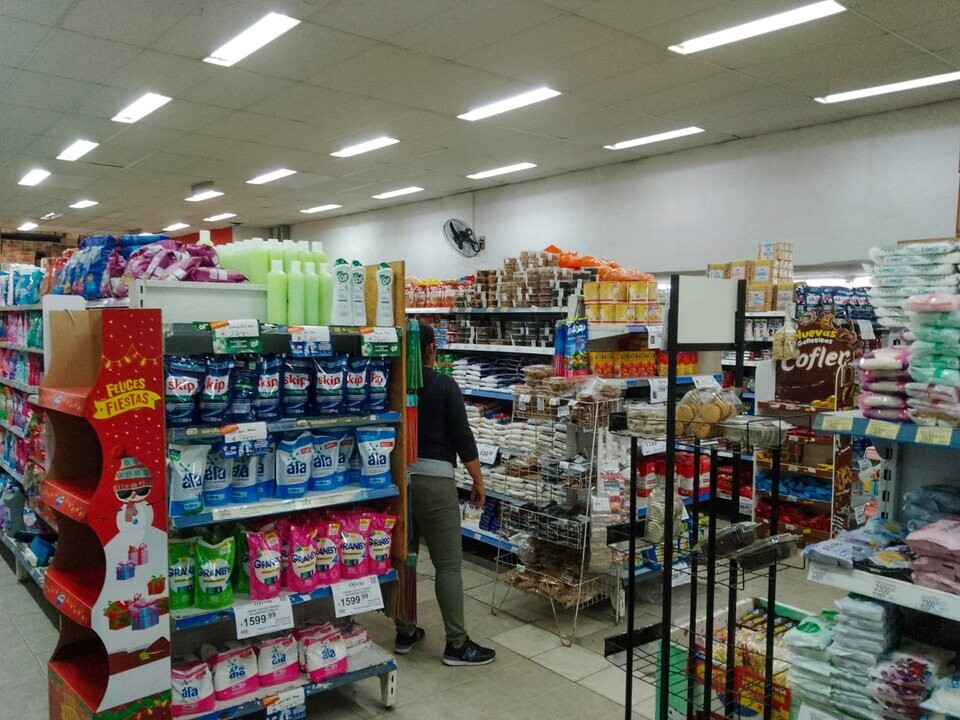
Analysts have highlighted that the Food and Beverages sector accumulated an average monthly increase of 2.9% until the fourth week of October. Econviews and Libertad y Progreso project variations in the higher range, between 2.4% and 2.8%. Compared to September—when the values were 3.84% and 3%, respectively—a slight increase in the average is observed, with the median stable,” said UTDT. The report, conducted between October 1 and 14, stated that “the average expected inflation for the next 12 months stood at 37%, representing a decrease of 0.6 percentage points compared to September (37.6%)”. Both firms pointed to the strong impact of food on this trend. With more moderate forecasts, the consultancy Analytica projected that the general level of consumer prices will reach 2.2%, a variation similar to the official September figure. Meanwhile, PxQ estimated the lowest projection, at 1.9% for the month. Finally, C&T Asesores Económicos reported that their survey in the Greater Buenos Aires (GBA) area remained stable near 2% mid-month. The consultancy Equilibra recognized an 'acceleration in non-seasonal foods,' with a special focus on meat prices. The official message centered on the idea that inflation has a 'death date' (projected for next mid-year), alluding to inertia as the cause of current variations. In fact, the central bank's own projections (via the Market Expectations Survey - REM) placed October's inflation in a lower range, around 2%. The increase detected by consultancies in sensitive areas like food challenges the narrative of 'receding inflation' and raises concerns about the impact on the purchasing power of the most vulnerable sectors. The official data from INDEC will be released on Wednesday, November 12. Meanwhile, the Inflation Expectations survey published by Di Tella University revealed an expected rise of 3.96 for October. 'In October, the monthly expectation averaged 3.96%, while the median was 3%. Notable increases were seen in: public transport (buses and subways in the AMBA)'. This new price acceleration puts the government's narrative under strain. The median remained at 30%, unchanged from the previous month'. October's inflation would show a slight acceleration compared to September, according to private consultancy surveys. The consensus points to the general level variation being above the 2.1% recorded in September. The main driver of this rebound was once again the Food and Beverages sector, which exerts the greatest pressure on the CPI. The increase is also explained by the overheating of the dollar, whose rise has an impact on general costs and prices. LCG estimates inflation close to 2.5% for the general level, which implies an increase of 0.4 percentage points compared to the previous month. The subsectors most affected by sharp increases were dairy, eggs, baked goods, and meats.














